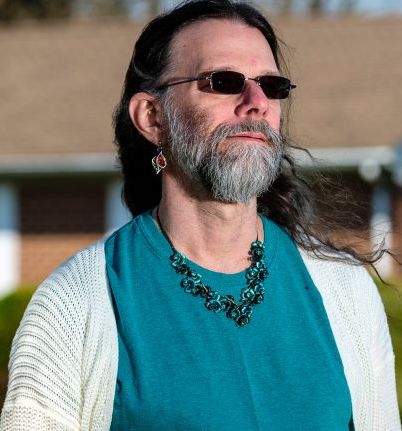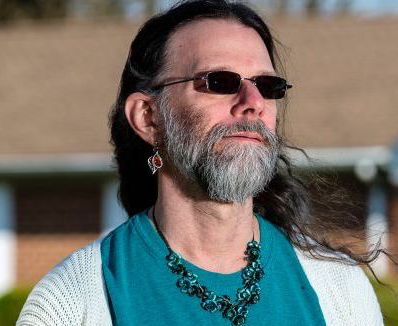Pronouns are not among the most egregious of the aspects of misassignments like these. Think about it. If they’re addressing me directly, they’re going to use the pronoun you. The gender-specific pronouns are pretty much limited to third-person references, when someone is talking to a second person and says something about me. He, him, his; or she, her, hers. I don’t spend a lot of my day overhearing people refer to me in the third person. So why (you may ask) do gender activists make such a big deal about pronouns? Because it’s an opportunity to do public education. It’s a learning moment. Getting people to rethink how they think of us. The pronouns themselves are a symptom of that thinking, but it’s the thinking that the activists want to change.
We care how other people think about us. It affects how they treat us. It shapes their behavior towards us, ranging from big conscious stuff to tiny subtle subliminal stuff that they may not be aware of.
Conceptualizing me as “she” doesn’t really fix any more problems for me than it causes.
In my case I don’t particularly crave having people think of me as female. In particular, I do not crave the sexual attentions of people whose attraction is towards female people. I would think that would make compelling common everyday sense to people, insofar as I do not in fact have female morphology, and also because people whose attraction is towards folks with male morphology would also be assuming me to be female and would therefore not be giving me attention.
Upon expressing this, I have on a couple occasions been informed that I’ve expressed a homophobic attitude. Seriously? Gay males are attracted to males, why would presenting as female (or being altercast by other people as a female person) expose me to uncomfortable gay male attention? I’ve also been told that this attitude on my part is somehow transphobic. I don’t see that either. I don’t wish to be taken for a binary transitioning transgender woman, that’s true, but not because that would be insulting or anything. Just that it isn’t accurate in my case.
Back to the pronouns. I could reasonably tell people “Please use he/his/him when you’re thinking in terms of my physical structure, and use she/her/hers when you’re dwelling on my gender”. Use them situationally, you know?
I could embrace “they/their/them” of course. Why don’t I? Well, there’s no specificity. The use of that pronoun indicates that I’m non-mainstream, but it doesn’t elaborate on how. It definitely doesn’t say “male girl” to people. Admittedly that’s true of “genderqueer” as well, and I’ve embraced that term.
Well, OK, I could also come up with my own pronouns, I suppose. Other people do. “Hi, my pronouns are ‘nee, ner, ners’. I’ve decided that that’s the pronoun for a male gender invert”.
But if my intent is to do consciousness-raising and public education, I think anywhere that people are savvy enough to ask about my pronouns is a place where I can accomplish more public education by saying “none of the above, they’re all wrong”, and explaining why.
 Allan Hunter who maintains a blog, where this essay was originally published, is the author of GenderQueer.
Allan Hunter who maintains a blog, where this essay was originally published, is the author of GenderQueer.






